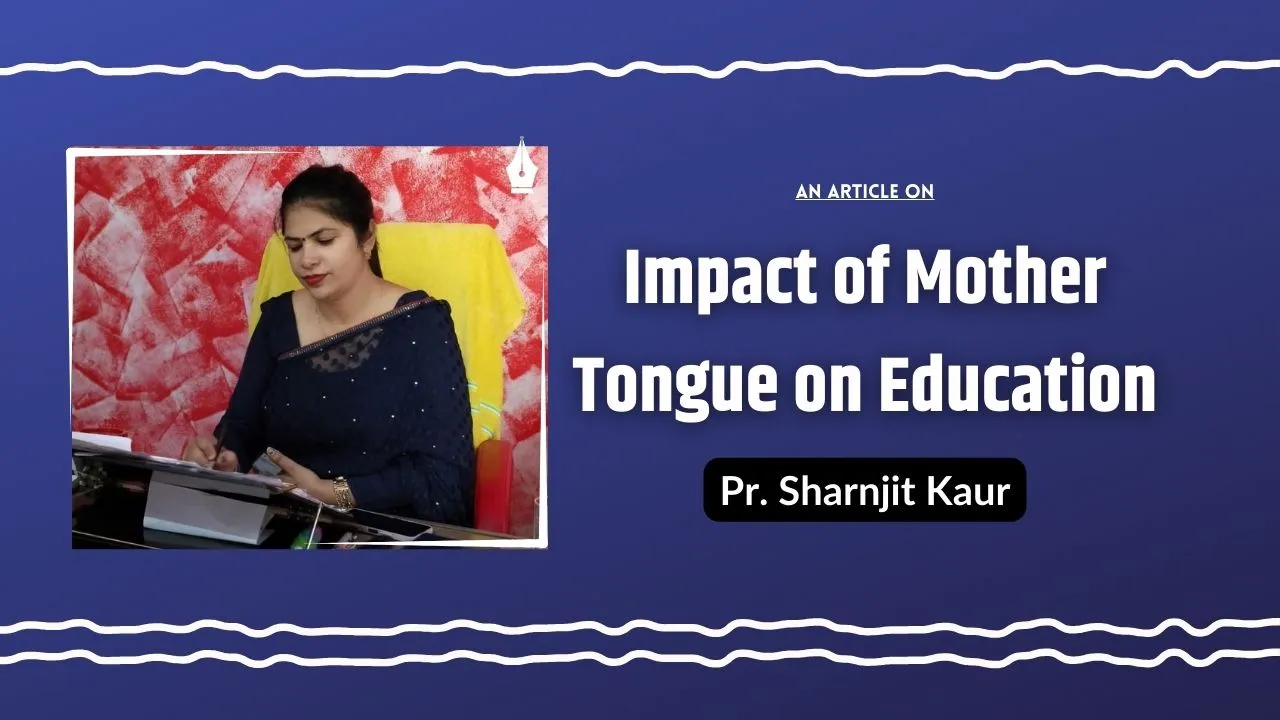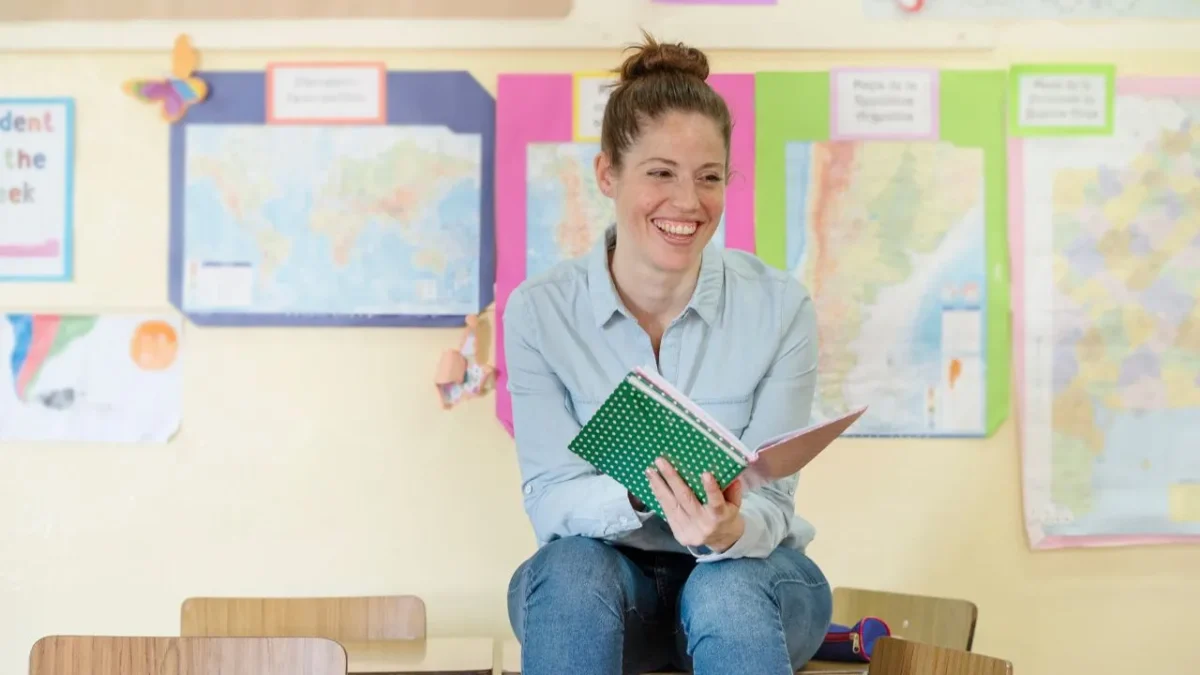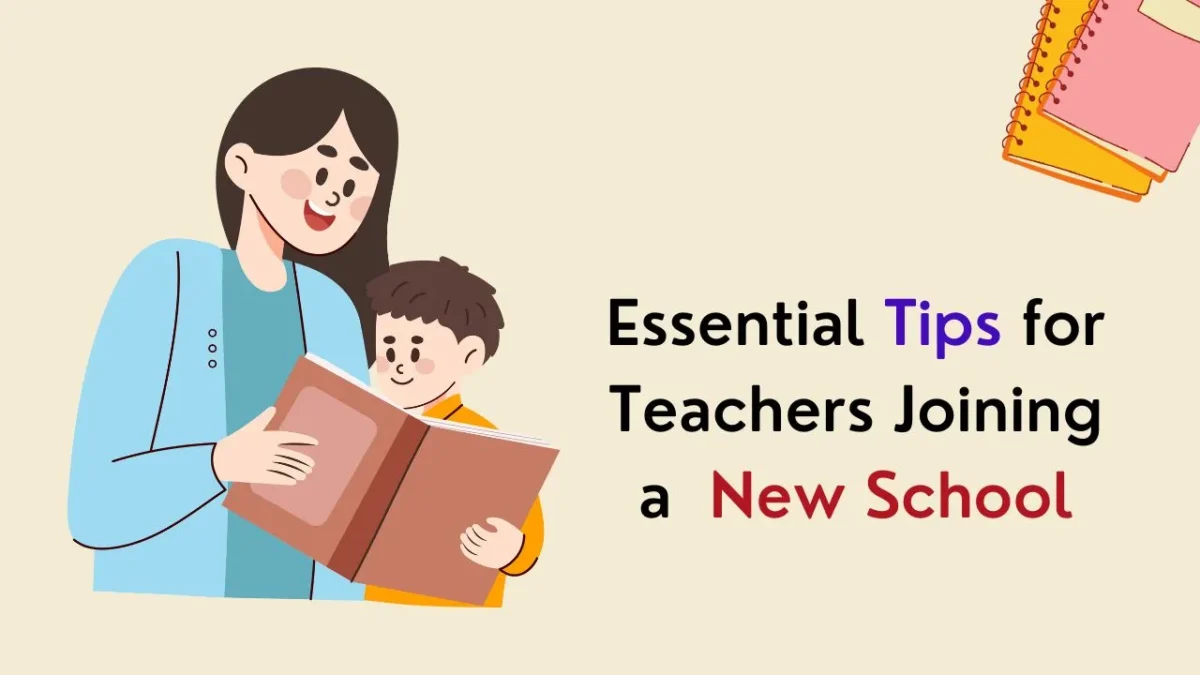The Impact of Mother Tongue on Education
Introduction: What is the mother tongue we know about; it is simply what we learn in our childhood whatever the language is called the mother tongue or mother language is also known as the native language.
The native language is not only a language but our thoughts, ideas and culture. it affects our whole life, how we understand things, what we think about the world how can we get knowledge of something.
Language is most important from childhood to old age. In childhood, we learn things first in our home and then at school and worldwide. In schools, it becomes more important because it decides how well we can learn and understand things.
The native language starts growing from the home, around our neighbourhood. On February 21 we celebrate, international mother language day, on this very special day we remember and recognize how unique and important is our local language.
According to UNESCO (United Nations Educational Scientific and Cultural Organization), Learning in our mother tongue especially when we are little, is really important. It helps us learn better and do better in school. Let’s have a look at how our mother tongue affects learning, thinking and preserving the culture.
The Beginning of Learning:
Learning in a native language is the foundation of life its like the foundation of a house. This is the stage where we start learning everything, this is meaningful because it connects with our own stories and experiences of learning.
Still, we see everybody on average about 40% of people worldwide don’t get a chance to learn in their own language, which is a reason to learn things hard. This may be one of the reasons that some languages are being forbidden and we are going far from their stories, knowledge and culture also.
Growing our own brains:
Our brain grows well when we learn in our mother tongue. It helps us in better thinking and doing well in school and it is meaningful because it is related to our own experiences and stories.
Researches show that kids who learn in their native language do their best. Native language is like stairs that always inches us to do and understand new things in our daily lives. It’s like the right path of life when we learn in our mother tongue.
Learning in our mother tongue we can easily connect with new ideas and thoughts; we understand things better moreover we can solve problems better and easier than in other languages.
Feeling good and confident:
We can feel more comfortable and confident if we are with our own people or family. Mother tongue is like a family member, we feel comfortable and happy using it.
It helps us to express our thoughts better and connect emotionally with the people. We can express our feelings in a better way with the people in our native language, it helps to understand our culture, and our tradition makes us feel special.
Even UNESCO (United Nations Educational, Scientific and Cultural Organization) wants us to learn in our mother tongue and also learn about other cultures, so we can understand each other better and be good citizens of the world.
Doing well in school:
Native language is like a mother to every child that’s why it is called mother tongue. This is not because our mother teaches us but because we can learn anything easily in our mother tongue, we easily understand what our mother wants to say something to us.
If a child is being taught in its mother tongue it can easily understand whatever it is being taught. the performance will be better compared to the other children learning in different languages.
It is harder to do well in school if we are not taught in our mother tongue, this is why it is important to have schools that teach in different languages so everyone can learn and do their best.
Being proud of who we are:
Our language is our identity, it tells others where we come from and what is our culture, community and traditions. Learning our native language is not only about learning a specific language but also about saving our culture, identity, community and traditions.
So, we can stay connected with our roots and be proud of who we are. When we learn about the culture and language, we learn to respect other’s language as well as cultures and traditions.
Building Bridges:
As commonly known a bridge is used to join two sides mother language does resembling work. In places where people speak different languages, the mother tongue helps us to learn and understand other languages.
The mother tongue is a strong base to learn new things. In countries where different languages are spoken, it is important to learn different languages alongside English. To make this easier government of India is doing hard work to make sure all kids can read languages well when start school.
One of the works is teaching a third language as per the choice of the student according to locality and state. In India Hindi and English or the state language is compulsory in the curriculum and students can choose a third language which they want to study as per their choice.
Challenges and ways forward:
It is kind of a challenge to learn in the mother language but it gives us chances to find new and better ways to teach and learn. To make sure all kids get a good education, everyone like governments, school teachers, parents and communities needs to work together.
We need to find new ways to help everyone learn, no matter what language they speak at home. This will make learning more fun and fairer for all kids.
Conclusion: Our language has a big impact on how we learn and grow. Embracing our different languages and teaching in our mother tongues helps us all learn better and understand each other more. As we navigate through our diverse world, let’s celebrate the richness of our languages and use our mother tongues better for everyone, now and in the future.
Writer of the Article Pr. Sharnjit Kaur (GGB Royal International School, Batala)
For the Latest Educational News (CBSE, ICSE, and State Board News) and live news updates, like us on Facebook or follow us on Twitter and Join our Premium Telegram Channel. Read more on Latest Exams & Results News on Shikshapress.com.






